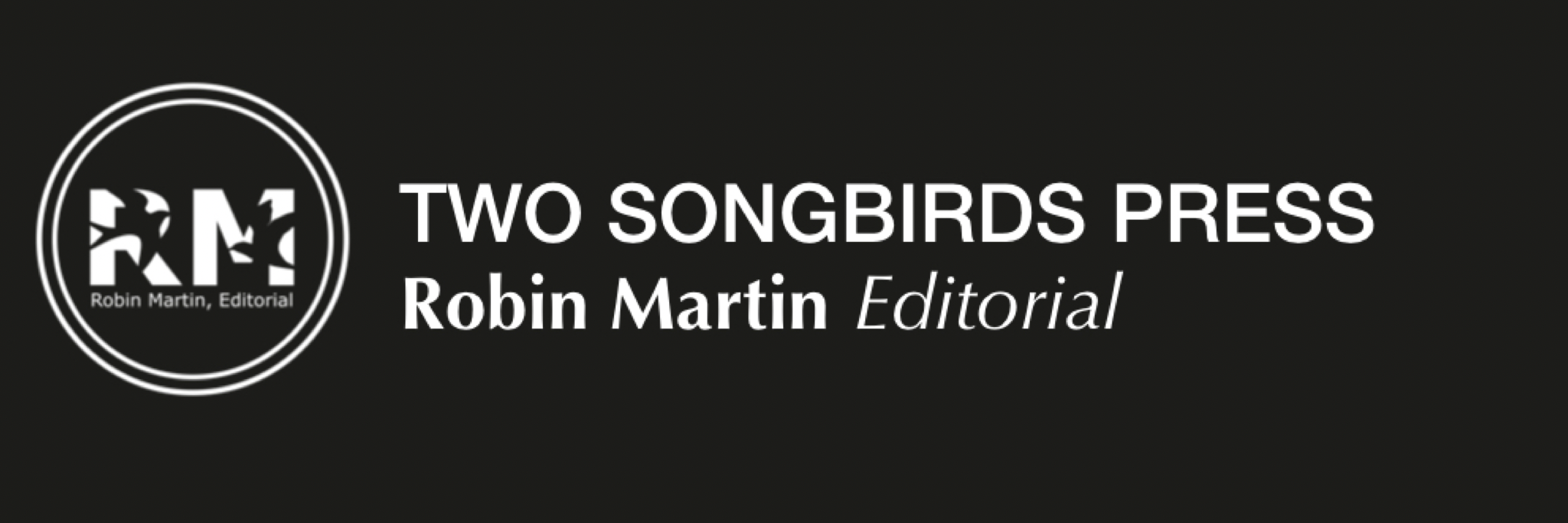- March 10, 2016
- Robin Martin
- No Comments

Professional Tip: Hire an editor to refine your language.
Wait– maybe “refine” isn’t the best word for what I do, because most of my clients are average-Joes who don’t want to sound like they are drinking tea with their pinkies in the air. So because “refine” has this subtle unintended meaning associated with snobbery, let me find a better word to explain myself exactly. How about “clarify” or, even better perhaps, “sharpen”? Because who doesn’t want their language to be precise, to cut right to it, and to get the job done efficiently, like a sharp knife?
What I did here in my first paragraph is precisely what an editor can do for your writing. An editor will sharpen the language you use to communicate with your audience.
This might make some people fear that their personality will be cut right out of their writing. (And too many writers have had that experience with editors; it is true.) Doggone it—you want to sound like you! And if you’d never-ever use the word “doggone” in a blog post, no one should add it in an effort to “refine” your language.
A good copyeditor will listen to your voice and maintain your personality while cleaning up wordiness and redundancy in the language of your post or web copy.
Your casual voice, the way you talk, is completely fine for blogs and social media posts, which are intended to be friendly and build community based on who you really are. It is important not to come across as stiff or fake. But it is easy to miss silly things when we read our own writing. (Like using “also” and “too” at different ends of the same sentence.) So an outside professional is better equipped to notice the tics that make you who you are, and emphasize them; as well as notice the tics that make you look unprofessional (or idiotic) and eliminate them.
And for more formal writing, like whitepapers, cover letters, or printed marketing material, a copyeditor can also help identify jargon that hides meaning from the layperson you’re trying to attract. A copyeditor can trim down the number of words so you can have a more attractive layout. (Some editors also do design work.)
A proofreader can make sure your autocorrect hasn’t added an auto-error, that you haven’t misplaced an apostrophe, that you haven’t used the word “tick” when you meant “tic;” or, (heaven forbid!) “there” when you meant “their” or “they’re.” These are things that should have been eliminated from your writing by ninth grade, and these errors poorly reflect your professionalism.
If you’re interested in learning more about what an editor can do for you, you may want to visit the Editorial Freelancers Association, or, head over to my Contact Us page, follow the directions for completing TSP’s Editorial Services Survey and I’ll get in touch with you.



